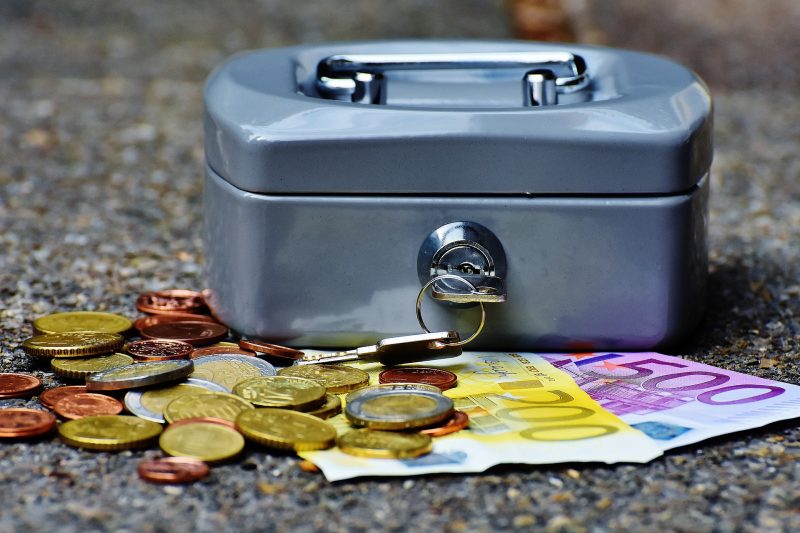The pandemic is less present and the joy over a year without restrictions is great. That draws people to restaurants and cafes, theaters and exhibitions, distant countries and nearby holiday regions. Around eight out of ten Austrians are planning to go to a restaurant this year. This is an increase of eleven percentage points compared to the previous year.
Holidays are also still popular: 73 percent want to invest money in travel in 2023, a slight increase on the previous year. Spending on culture is planned at 55 percent, four percentage points more than in 2022. 46 percent have earmarked money for their hobbies, slightly more than in the previous year. In return, the willingness to spend on one’s own home falls slightly. These are the results of the representative “TeamBank Liquidity Barometer” study, for which 1.478 people in Austria were surveyed digitally.
Increased living costs slow down the willingness to spend
The younger ones are more active than the older ones and more so than last year. 86 percent of those under 30 want to go to a restaurant for special occasions, 13 percentage points more than in the previous year. 81 percent want to book vacations and 61 percent want to visit concerts and other events. The Austrians are enterprising and less often at home this year. That's why fewer people are planning to invest money in furniture, decoration and renovation: 60 percent will invest in their home in 2023, compared to 65 percent a year earlier. Electronic items are also less popular: 41 percent want to buy them, four percentage points less than in the previous year. Demand for sports equipment and pet supplies also fell slightly.
Inflation slows consumption
However, the increased cost of living is reducing the citizens' anticipation of activities. 40 percent had saved money for the time after Corona and actually wanted to treat themselves to something, but now have to do without it because of the price increases. Under 30-year-olds (46 percent) are significantly more affected than over 50-year-olds (35 percent). Already last year, 32 percent had to do without the desired activities, now it's another eight percentage points more. 15 percent want to save more and consume less - among the under 30-year-olds it is even 23 percent. It is fitting that after going out to eat and travelling, reserves are in third place in the spending plans: 63 percent want to save for special purchases in 2023.
"The study results show that after the restrictions of the corona pandemic, people in Austria have a great need to want to afford something," says Frank Mühlbauer, CEO of TeamBank AG. "Although the desire for activities is great, reason often prevails and the expenditure goes to health services, energy saving measures or to family members."
In addition to consumption, Austrians have also planned other sensible investments: 58 percent support their relatives financially, 54 percent pay for health services and 51 percent invest in energy saving measures.
It is difficult for people to give up consumption
However, giving up consumption as a result of inflation is difficult. Austrians are most willing to go to the restaurant less often than planned: 41 percent say so. Restricting oneself on holiday trips is only an option for 28 percent. One in four would invest in the red pen because of the price increases when spending on their own home. 21 percent can imagine doing less cultural programming. Only 15 percent would cut spending on hobbies and only XNUMX percent would do without luxury items.







 trail (for them it's free to use)
trail (for them it's free to use)